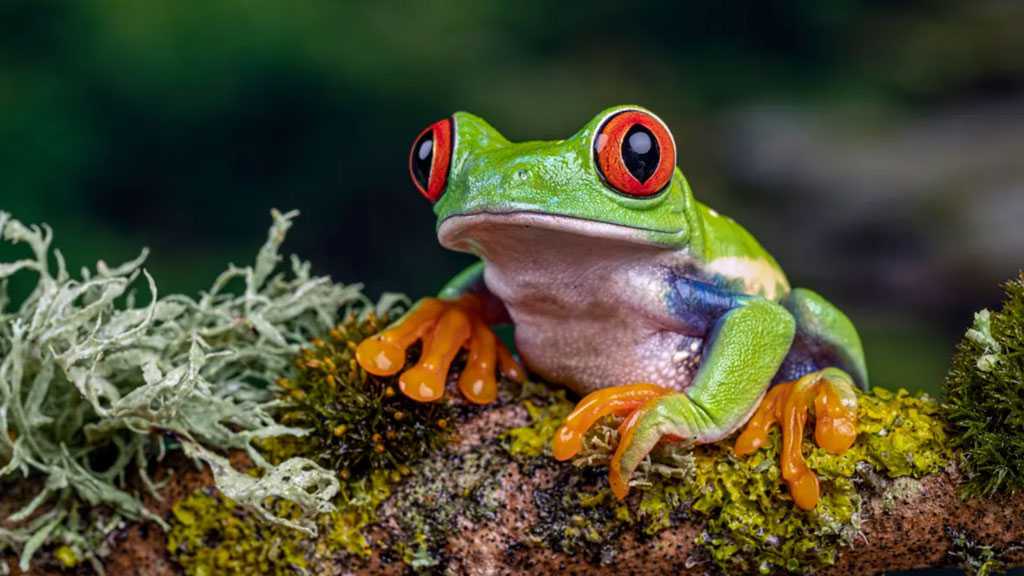More Than 1 In 10 Species Could Be Lost by End of Century

By Staff, Agencies
Earth could lose more than a tenth of its plant and animal species by the end of the century on current trends, according to new research which comes as nearly 3,000 scientists call for action from governments to stop the destruction of nature in the final days of negotiations at COP15.
The climate crisis will drive an accelerating cascade of extinctions in the coming decades, as predators lose their prey, parasites lose their hosts, and temperature rises fracture Earth’s web of life, according to the researchers, who warn of the risk of co-extinctions in a paper published on Friday in Science Advances.
From leaf frogs to basking sharks, the extinction risk of plants and animals is typically monitored on the IUCN red list, where scientists have published their analysis on threats to more than 150,388 species, finding that more than 42,000 could go extinct, often due to human behavior.
However, the new research has used a supercomputer to model a synthetic Earth complete with virtual species to understand the effect global heating and land use change could have on the web of life. The researchers say 6% of plants and animals will disappear by 2050 in a middle of the road emissions scenario, which the world appears to be heading for, rising to 13% by the end of the century. In the worst-case scenario of global heating, they estimate 27% of plants and animals could disappear by 2100.
Using hundreds of virtual Earths populated by more than 33,000 species, scientists looked at how relationships between virtual plants and animals changed due to different biodiversity loss drivers. The virtual species were able to recolonize new regions of the planet and adapt to changing conditions in the model, say researchers, who found that climate change would be the main drive of extinctions.
The research comes as talks at the biggest biodiversity conference in a decade reach critical point in Montreal. More than 100 environment ministers from around the world are discussing this decade’s targets to protect Earth’s biodiversity.
In an open letter, more than 2,700 scientists have called for governments to tackle overconsumption of the Earth’s resources in the final text and begin reversing biodiversity loss by 2030.
Comments
- Related News




